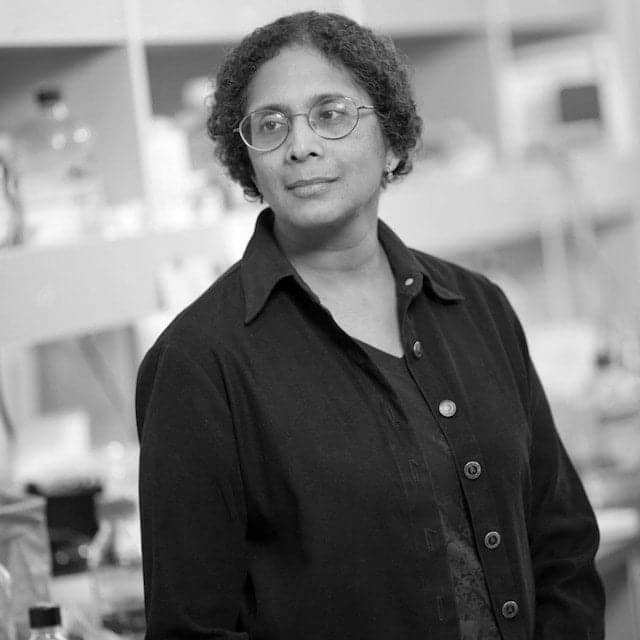Cambridge Epigenetix, Cambridge, UK, has entered into an exclusive license agreement with Boston Children’s Hospital, providing the company’s researchers with access to DNA profiling technologies that may hold the key to improved diagnoses and treatment for many diseases, including cancer.
The licensed intellectual property (IP) is based upon the early findings of Anjana Rao, PhD, an expert in immunology and cancer epigenetics, formerly of Boston Children’s Hospital and now with the La Jolla Institute, and a member of the Cambridge Epigenetix scientific advisory board. Rao’s research group was the first to identify 5-hydroxymethylcytosine (5hmC) as an important biomarker for cancer diagnosis that cannot be measured by traditional epigenetic sequencing methodologies.
Rao also determined that the ten-eleven translocation (TET) family of enzymes generate 5hmC from 5-methylcytosine (5mC) and are key regulators of cellular differentiation that are frequently mutated in cancer.
The broad IP covers numerous best-in-class epigenetic techniques used in laboratories across the globe for profiling and altering DNA methylation, including the specific and unbiased enrichment of 5mC and 5hmC via enzymatic glucosylation and the use of TETs for targeted epigenetic engineering.
Rao’s technologies are sensitive and robustly profile methylation and hydroxymethylation in limited amounts of DNA (<10 ng) suitable for clinical samples. This early IP, which was filed in 2008, predates several patents that have described related methodologies, and Cambridge Epigenetix is now in a position to identify epigenetic biomarkers for noninvasive cancer diagnosis and other clinical applications.
Cambridge Epigenetix developed the gold standard in 5mC and 5hmC detection—TrueMethyl oxidative bisulfite sequencing.
“This is a tremendous opportunity for Cambridge Epigenetix, enabling the company to utilize and offer our partners the most advanced epigenetic biomarker discovery technologies available in our key focus areas of oncology and liquid biopsy,” says Jason Mellad, PhD, CEO at Cambridge Epigenetix. “5hmC is fundamentally linked to the expression of genes and to the identity of cells and tissue. This makes it a highly important epigenetic marker with the potential to improve patient outcomes through the early diagnosis and treatment of diseases such as cancer. The granting of this exclusive license to Cambridge Epigenetix will drive further innovations in this important area.”
“The continued study of 5hmC and other oxidized methylcytosines is essential to enhance our understanding of human biology and health,” Rao says. “I am delighted that Cambridge Epigenetix has chosen to license this technology and, through my role on the scientific advisory board, I will continue advising them on maximizing its application.”
For more information, visit Cambridge Epigenetix.







